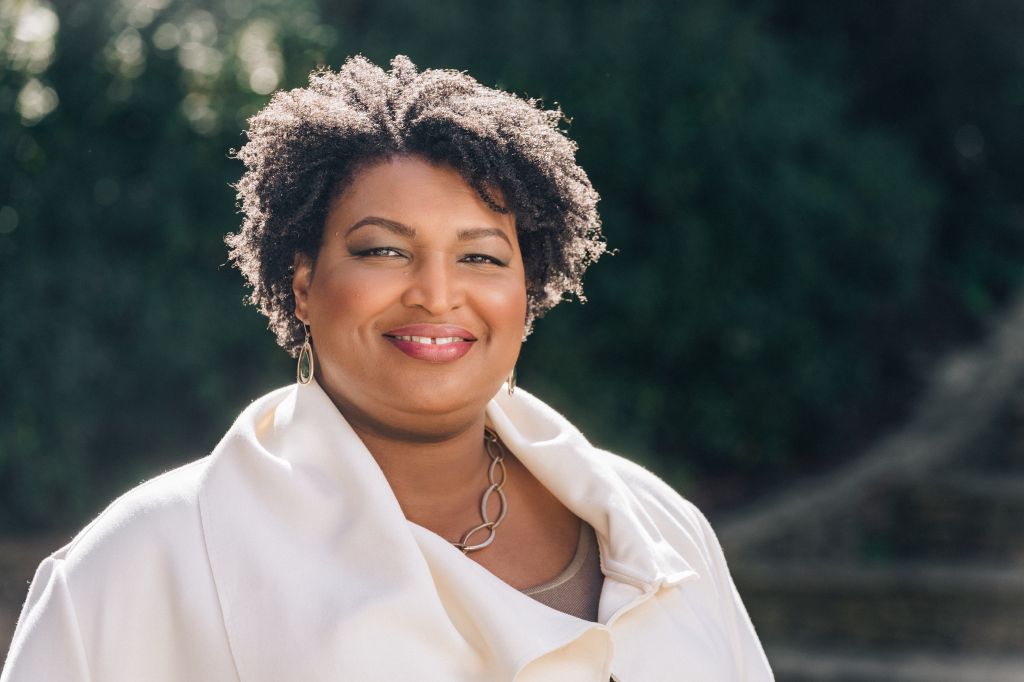Women’s History Month: The Unique Challenges Faced By Black Women In The Fight For Equality

Source: Anchiy / Getty
This Women’s history month is a time to reflect on the challenges Black Women face when fighting for equality.
Black women have a long history of advocating for equality and justice. During the Civil Rights Movement of the 1950s and 1960s, Black women played a critical role in organizing protests and mobilizing communities. Changmakers like Ella Baker, Fannie Lou Hamer and Dorothy Height worked tirelessly to advance the cause of civil rights for Black women and other marginalized communities. They organized marches and sit-ins, lobbied Congress and registered voters, often risking their lives in the process.
Despite their significant contributions, Black women faced discrimination and marginalization within the Civil Rights Movement. They were often excluded from leadership positions and were not always recognized for their contributions. This led some Black women to form their own organizations, such as the National Association of Colored Women, to advocate for their rights and interests. Today, the fight for equality continues.
As we celebrate women’s history month, let’s take a deeper look at the issues that continue to impact Black women in today’s society and what is being done currently to create lasting change.
The Wage gap
Black women face a significant wage gap compared to their white male counterparts. According to the National Women’s Law Center, Black women make only 67 cents for every dollar earned by white and non-Hispanic men. This wage gap can make it difficult for Black women to support themselves and their families, and it contributes to the wealth gap between Black and white Americans.
In the workplace, Black women often face negative stereotypes that perpetuate harmful biases. These stereotypes can lead to microaggressions, which are subtle but harmful acts of discrimination. For example, Black women may be stereotyped as “angry” or “aggressive,” which can lead to people dismissing their opinions or ideas. These tropes can also impact their personal and professional lives, limiting their opportunities for success and advancement.
These harmful stereotypes even affect Black women physically. Over the last several years, Black women have faced discrimination due to wearing their natural hair and other protective styles to work. A recent study conducted by Dove and Linkedin found that Black women’s hair was 2.5 times more likely to be perceived as unprofessional in the workplace. The data revealed that 66 percent of Black women often change their hair for a job interview, with many opting for a straight hairstyle over their natural tresses. Participants involved in the study said they had been denied or overlooked for a job opportunity because of their natural hair.
Thankfully, some lawmakers are taking an active stand to put an end to race-based hair discrimination with the CROWN Act. The groundbreaking piece of legislation fights to shield individuals from hair discrimination over protective styles like braids, locs and twists in both the workplace and public schools.
On Feb. 1, Minnesota became the 21st state to pass the CROWN Act after Gov. Tim Walz signed the bill into law.
Health disparities
Black women also face significant health disparities. They are more likely to experience maternal mortality, have higher rates of chronic illnesses, and face disparities in access to healthcare. These health disparities can be attributed to systemic racism and bias in the healthcare system.
In conclusion, Black women continue to face unique challenges in the fight for equality. These challenges are rooted in systemic racism and bias and require comprehensive solutions to address. It is essential to recognize the intersectionality of Black women’s experiences and to include their perspectives and voices in conversations about society.
Maternal Mortality Crisis
Black women in the United States are disproportionately impacted by the maternal mortality crisis. According to the Centers for Disease Control and Prevention (CDC), Black women are three to four times more likely to die from pregnancy-related causes compared to white women. This disparity exists regardless of income, education, or other factors that typically affect health outcomes.
The reasons for this disparity are complex and multifactorial. Black women are more likely to experience discrimination and bias in healthcare settings, which can lead to delayed or inadequate care. They are also more likely to have underlying health conditions that increase the risk of complications during pregnancy and childbirth, such as hypertension and diabetes.
Black women-led maternity centers like The Mama Bird Maternity Wellness Spa in Colorado are crucial in the fight for maternity justice. The incredible facility offers a number of services to help women of color have healthy and safe deliveries like their doula program. Expectant mothers can hire a doula 4-6 months before their due date and receive guidance throughout their pregnancy, in addition to postpartum care, according to MADAMENOIRE. They also offer lactation support and a special Prenatal Massage package where a massage therapist can help with easing labor pains during delivery.
Reproductive Rights
Black women also face significant barriers to accessing reproductive healthcare and exercising their reproductive rights. These barriers include:
- Limited access to affordable and comprehensive healthcare, including family planning services, prenatal care, and abortion care.
- Structural racism and discrimination within the healthcare system can lead to lower-quality care and disparities in health outcomes.
- Restrictions on abortion access, including targeted regulations of abortion providers (TRAP laws) and bans on abortion at certain stages of pregnancy.
- Limited access to accurate and comprehensive sex education and contraception, can lead to unintended pregnancies and a lack of control over reproductive decision-making.
These barriers can have serious consequences for Black women’s health and well-being, including increased rates of unintended pregnancy, maternal mortality and reproductive coercion.
Thankfully, organizations like The National Birth Equity Collaborative and Black Mamas Matter Alliance are fighting tooth and nail to bring inclusion and end racism in the reproductive healthcare space. Last year, both groups teamed up to write a letter to the U.S. Supreme Court, demanding equality in the fight for women’s reproductive healthcare.
Despite these challenges, Black women are leading the charge for change. They are organizing protests and movements, running for political office, and advocating for policies that promote equity and justice. Women like Stacey Abrams, Patrisse Cullors and Rep. Ayanna Pressley have become prominent voices in the fight for reproductive, racial justice and gender equality.
The fight for equality and justice for Black women is far from over. But in order to make progress, we must recognize the intersectionality of their experiences and work to address the unique challenges they face.
SEE ALSO:
Women’s History Month: Honoring The Contributions Of Black Women In The Fight For Social Justice
Here’s Everything We Know About California’s Reparations Task Force Initiative
The post Women’s History Month: The Unique Challenges Faced By Black Women In The Fight For Equality appeared first on NewsOne.





